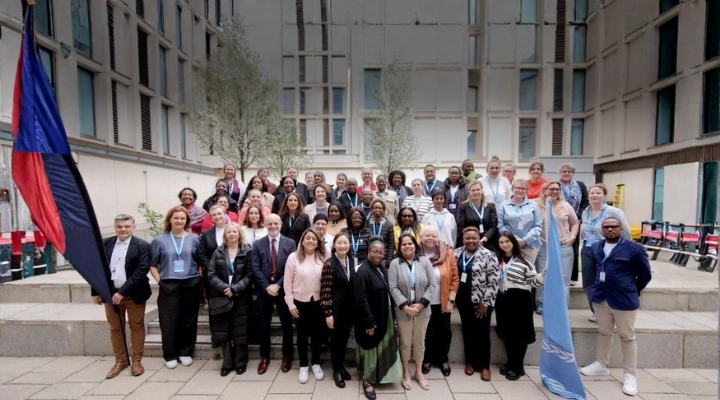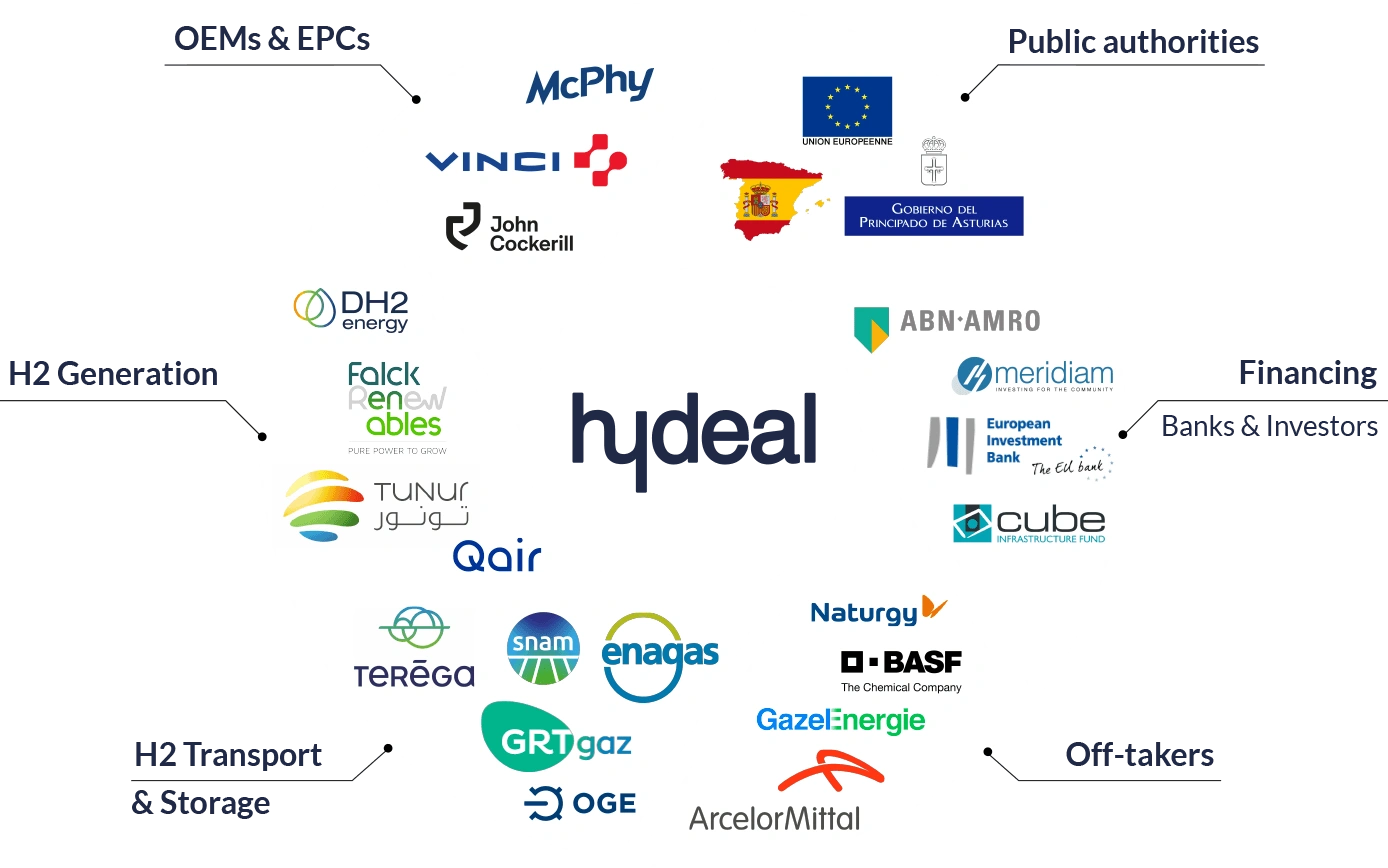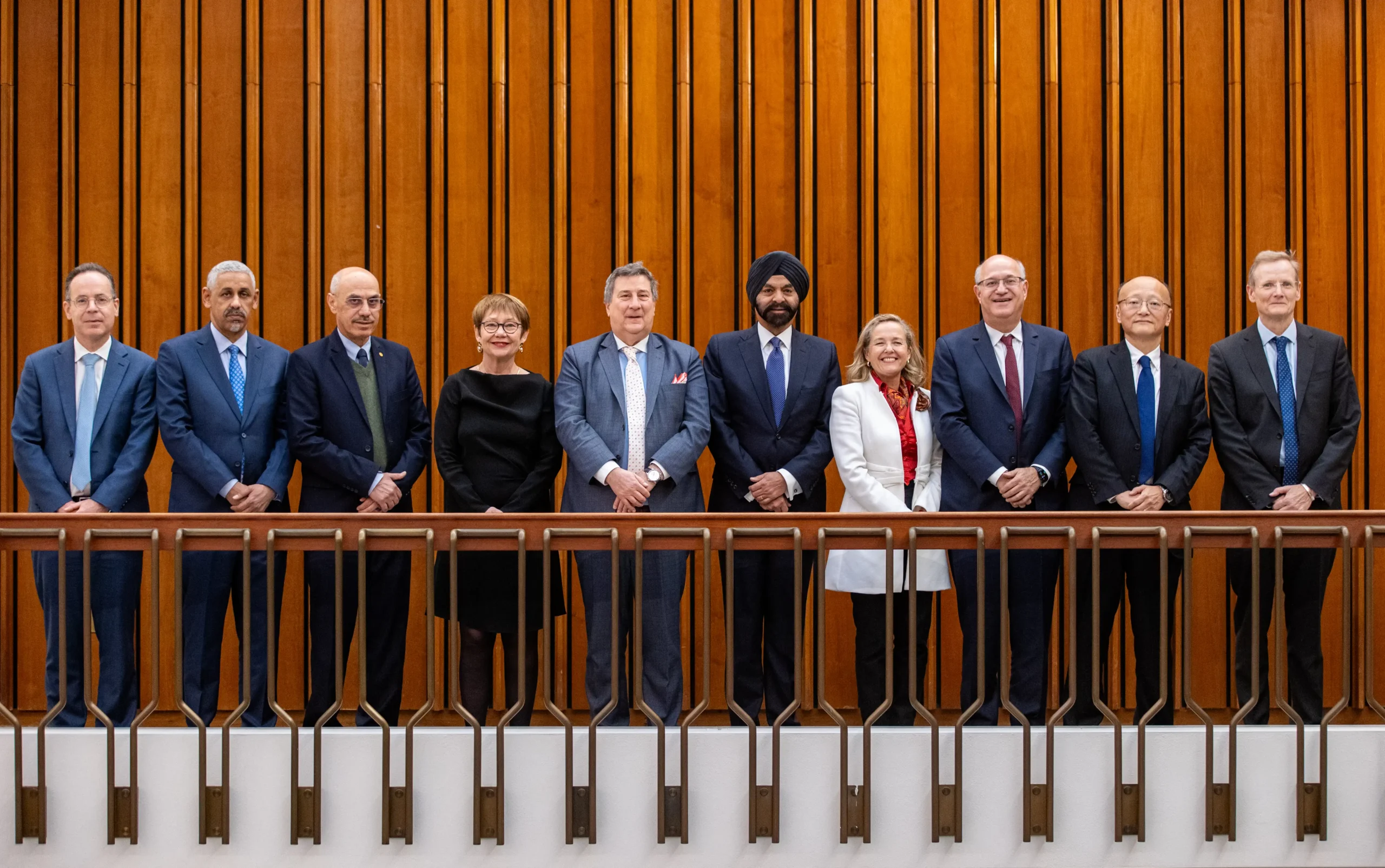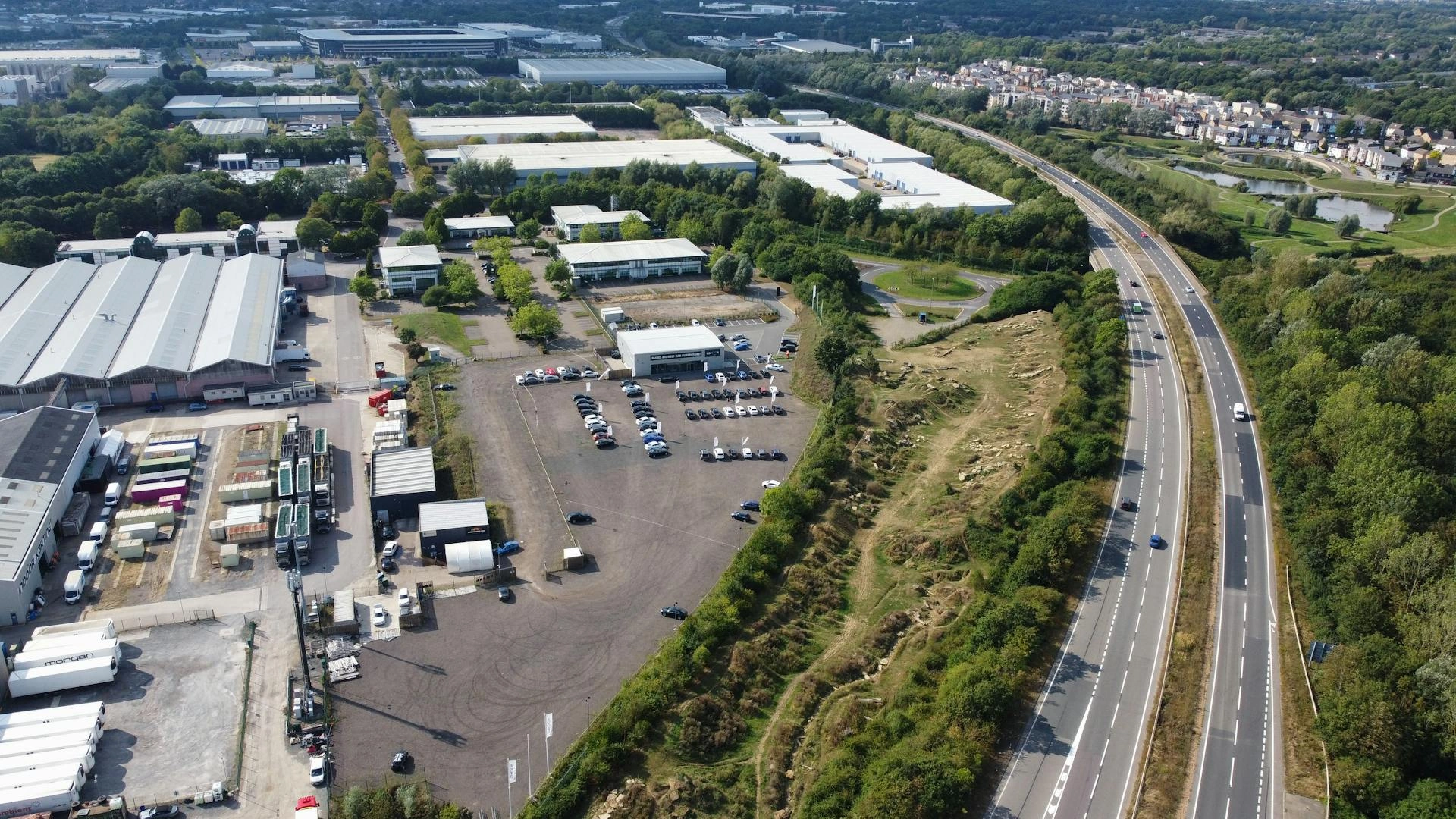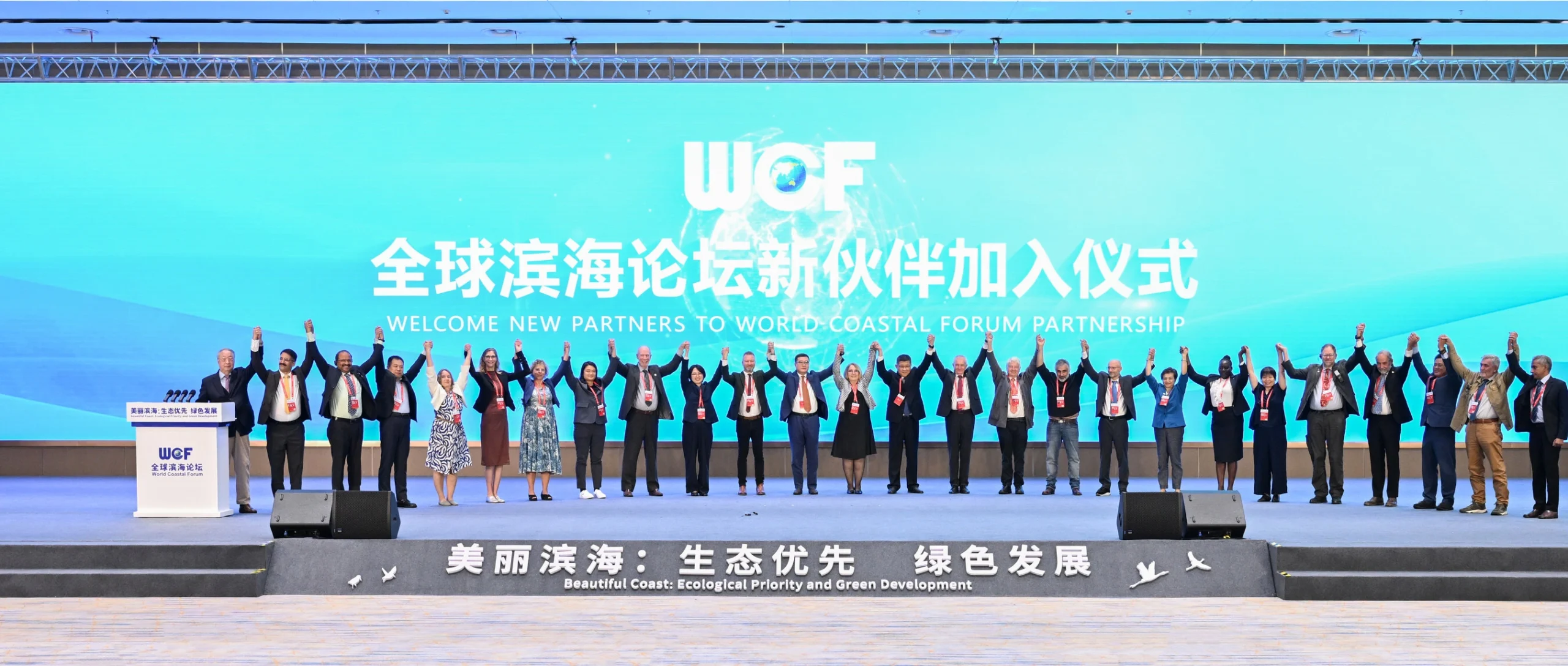Empowering SMEs to achieve sustainability

John E. Kaye
- Published
- Home, Sustainability

While larger organisations have the means and incentives to reduce their carbon footprint, SMEs are lagging behind and need support, writes Aharon Factor of SustainableSME.com
After 200 years of industrialisation, driven by fossil fuel use, land clearance and pollution, we have used up the planet’s ecological capital and shot beyond key sustainable boundaries. The climate crisis exemplifies this problem and has heightened our awareness that the way we live and work needs to change if we are to sustain the future for the coming generations. But managing the environmental and social consequences is proving to be far more complex than simply reducing our carbon emissions – it means completely reimagining sustainability.
My latest book, compiled in collaboration with Professor John Parm Ulhøi, Sustainability and Small and Medium-Sized Enterprises: Lessons from Mixed Method Research shows that reimagining sustainability means finding new ways of doing things, being open to change and critically reflecting on existing norms. In the early part of the book, we bring the sustainability problem to the fore by reflecting as to how traditional economic and scientific approaches have led to the unsustainable practices that we see today. Instead, a more holistic means of engaging with the natural and social world is called for.
The first steps
To bring about this change we must focus on what is happening a little closer to home rather than looking to the superpowers of the world, the actions of multinationals or the top levels of government. Crucially, the book recognises that this means that any attempts to build a sustainable world are unlikely to happen without the active involvement of the entire business sector.
Specifically, we focus on the group of businesses which make the largest environmental impact – small and medium-sized enterprises (SMEs). This might be surprising, considering the heavy focus world leaders place upon moving corporates toward a more sustainable way of working, but the word “small” notably hides the aggregative effects that more than 400 million SMEs across the globe are having on our planet. It is not surprising therefore, that as a collective they produce approximately 70% of global industrial pollution (according to EU sources) and 60% of carbon emissions.
When it comes to sustainability, SMEs continue to fly under the radar of most societal stakeholders. Whilst larger organisations have increasingly been put under pressure to develop comprehensive strategies to reduce their carbon emissions and improve their sustainability performance, SMEs, without such pressures and with less resources and visibility, have generally lagged behind. There is a vital need, therefore, for both the research community, and society as a whole, to better support, and improve, their sustainability efforts.
And focusing on this small majority has another key benefit. Understanding sustainability in SMEs is essential for larger corporations and governments as they work to achieve transparency through their supply chains, influence SMEs in their networks and create value for increasingly socially-aware customers.
Although some well-known corporations and proactive governments have recognised the importance of SMEs for achieving sustainability, for the most part, these challenges tend to be somewhat overlooked by governments and multinational bodies, whose sustainability policies continue to prioritise finding solutions for, and gaining commitments from large-scale entities. This oversight, as we show in our book, must be corrected for any sustainability efforts to have a tangible impact on the planet.
Shifting the SME sector to a more sustainable future will contribute to making a significant difference to the future of humankind and life on this planet, but how can we accomplish it? Our book reveals that this may be aided by using bespoke research designs to better understand sustainability behaviours in SMEs on an individual level, and suggests a new methodology for consideration.
Understanding the differences
One of the keys problems we recognised is that building a sufficient level of knowledge about environmental sustainability for SMEs is a complex endeavour, as they differ from larger enterprises in many ways – from business focus and activity to funding, ownership, decision-making, accountability and looser more informal organisational structures.
In an attempt to move SMEs towards a more sustainable future, our book shows how mixed methods can be used to integrate quantitative research data with softer information extracted from qualitative research interviews. This more encompassing approach allows researchers to understand broader sectorial trends as well as digging more deeply into the key driving forces behind most SME’s activities and outputs; the manager’s mindset.
Understanding how SME owners and decision makers think provides important insights as to what motivates, and what may challenge them in altering their business practices. Understanding this is a vital part of ensuring their commitment to working in a more sustainable manner.
Additionally, by bringing together the research expertise and thought leadership of key sustainability focused experts and academics around the world, our book aims to provide insights as to how the mixed method approach allows us to better understand SME sustainability behaviours. For example, Associate Professor Mark Gagnon (Penn State University) shares his work on understanding sustainability in entrepreneurship, whilst Ralph Hamann, Dean of Cape Town Business School reveals how mixed methods can provide a richer, more creative discourse within SMEs for understanding sustainability.
Cross section of expertise
Beyond academia, we also brought in highly experienced sustainability professionals to show how mixed methods can add value to organisations by understanding sustainability in a business context.
We discuss with Dr Ruth Hillary – a world-leading sustainability strategy consultant, her views as to how mixed methods adds value to understanding sustainability, and have invited Dr Steve Harris, Senior Sustainability Expert at the Swedish Environmental Research Institute to share how mixed-method approaches can be used to develop sustainability indicators for industrial and urban development applications. Similarly, we invited Dr Brad Pettitt, the former Mayor of Fremantle, Western Australia to show how mixed methods has informed low carbon initiatives in a local council setting.
An important contribution is made by Associate Professor Timothy Guetterman. He shares how the findings of mixed method investigations can be communicated to stakeholders and support sustainability reporting through the use of graphical illustrations. This is a powerful tool for sustainability professionals because it enables them to combine both qualitative and quantitative sustainability data in one clear image, enhancing their annual sustainability reporting.
The book provides a rare, yet much needed opportunity for world-leading academics and sustainability professionals to work together with SMEs to effectively tackle sustainability. It is a partnership that could not have happened at a more necessary time, as our planet seems set on a near-irreversible path to climate failure and an unsustainable future. To change course, new approaches need to be taken. It is our hope that, by collaboratively identifying new ways of producing insight into sustainability we can incentivise SMEs to finally join the fight.
About the author:

Dr Aharon Factor has a PhD in Sustainable Business, and academic and consulting experience in business sustainability and climate change. He provides MBA coaching and is the MD of SustainableSME.com
RECENT ARTICLES
-
 Strong ESG records help firms take R&D global, study finds
Strong ESG records help firms take R&D global, study finds -
 How residence and citizenship programmes strengthen national resilience
How residence and citizenship programmes strengthen national resilience -
 Global leaders enter 2026 facing a defining climate choice
Global leaders enter 2026 facing a defining climate choice -
 EU sustainability rules drive digital compliance push in Uzbekistan ahead of export change
EU sustainability rules drive digital compliance push in Uzbekistan ahead of export change -
 China’s BYD overtakes Tesla as world’s largest electric car seller
China’s BYD overtakes Tesla as world’s largest electric car seller -
 UK education group signs agreement to operate UN training centre network hub
UK education group signs agreement to operate UN training centre network hub -
 Mycelium breakthrough shows there’s mush-room to grow in greener manufacturing
Mycelium breakthrough shows there’s mush-room to grow in greener manufacturing -
 Oxford to host new annual youth climate summit on UN World Environment Day
Oxford to host new annual youth climate summit on UN World Environment Day -
 Exclusive: Global United Nations delegates meet in London as GEDU sets out new cross-network sustainability plan
Exclusive: Global United Nations delegates meet in London as GEDU sets out new cross-network sustainability plan -
 Fast fashion brands ‘greenwash’ shoppers with guilt-easing claims, study warns
Fast fashion brands ‘greenwash’ shoppers with guilt-easing claims, study warns -
 Private sector set to overtake government as main driver of corporate sustainability in 2026, report suggests
Private sector set to overtake government as main driver of corporate sustainability in 2026, report suggests -
 Sir Trevor McDonald honoured at UWI London Benefit Dinner celebrating Caribbean achievement
Sir Trevor McDonald honoured at UWI London Benefit Dinner celebrating Caribbean achievement -
 Historic motorsport confronts its energy future
Historic motorsport confronts its energy future -
 Protecting the world’s wild places: Dr Catherine Barnard on how local partnerships drive global conservation
Protecting the world’s wild places: Dr Catherine Barnard on how local partnerships drive global conservation -
 Europe’s HyDeal eyes Africa for low-cost hydrogen link to Europe
Europe’s HyDeal eyes Africa for low-cost hydrogen link to Europe -
 Fabric of change
Fabric of change -
 Courage in an uncertain world: how fashion builds resilience now
Courage in an uncertain world: how fashion builds resilience now -
 UAE breaks ground on world’s first 24-hour renewable power plant
UAE breaks ground on world’s first 24-hour renewable power plant -
 China’s Yancheng sets a global benchmark for conservation and climate action
China’s Yancheng sets a global benchmark for conservation and climate action -
 Inside Iceland’s green biotechnology revolution
Inside Iceland’s green biotechnology revolution -
 Global development banks agree new priorities on finance, water security and private capital ahead of COP30
Global development banks agree new priorities on finance, water security and private capital ahead of COP30 -
 UK organisations show rising net zero ambition despite financial pressures, new survey finds
UK organisations show rising net zero ambition despite financial pressures, new survey finds -
 Gulf ESG efforts fail to link profit with sustainability, study shows
Gulf ESG efforts fail to link profit with sustainability, study shows -
 Redress and UN network call for fashion industry to meet sustainability goals
Redress and UN network call for fashion industry to meet sustainability goals -
 World Coastal Forum leaders warn of accelerating global ecosystem collapse
World Coastal Forum leaders warn of accelerating global ecosystem collapse






